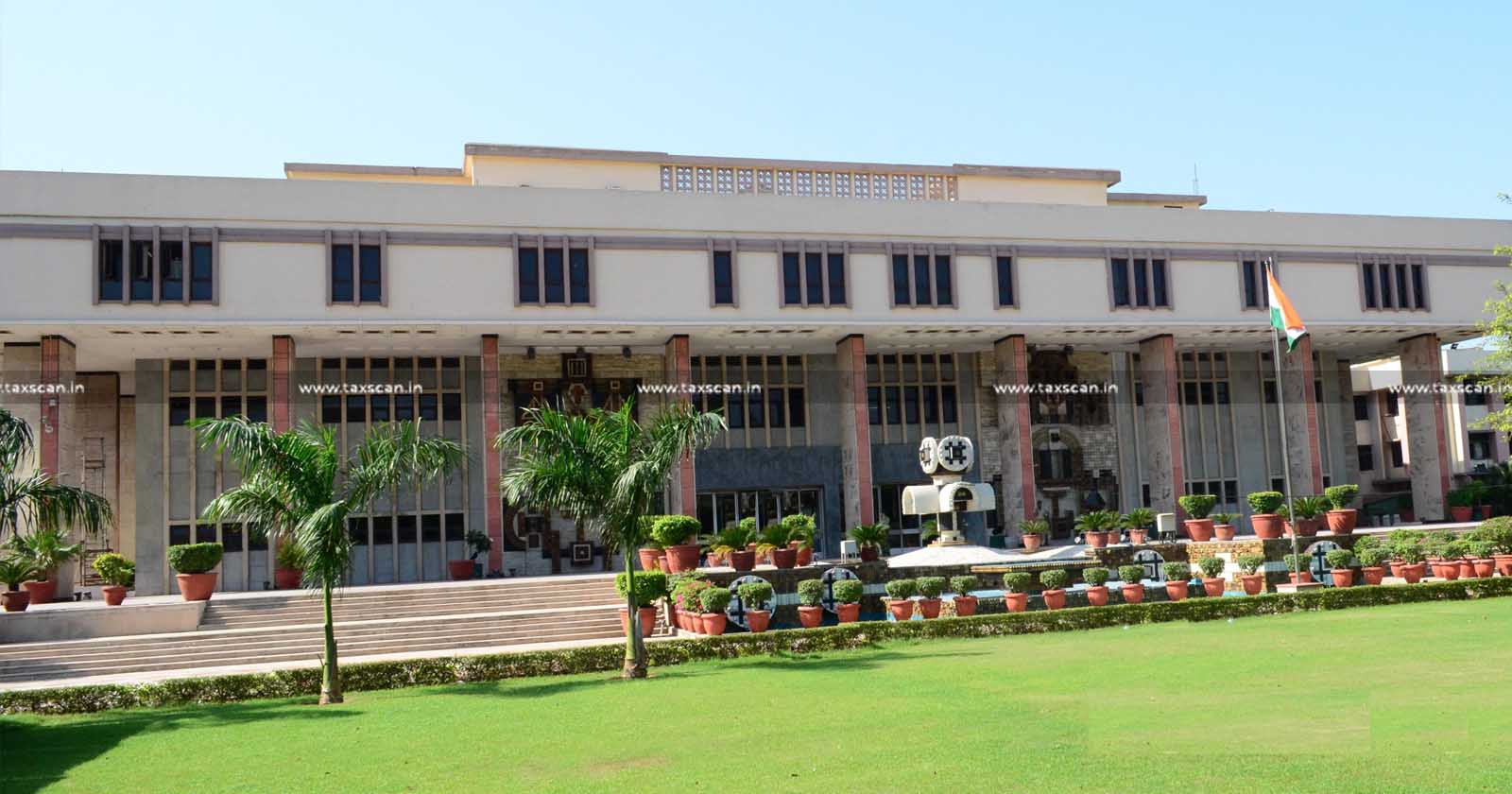Application Filed for Refund of Excess Payment cannot be treated as non-est if it is not Deficient in Material Particulars: Delhi HC sets aside Order

In a significant case, the Delhi High Court held that an application filed for refund of excess payment could not be treated as non-est if it was not deficient in material particulars and set aside the order of Appellate Authority.
Kamal Sawhney, Krishna Rao, Aakansha Wadhwani, Deepak Thakur and Anishka Gupta appeared for the petitioner. R. Ramachandran appeared for the respondent.
Petitioner, Bharat Sanchar Nigam Limited (BSNL) raised an invoice for carrying out the work of the NFS Project, which involved laying of an alternate communication network for Defence Services.
The petitioner had also deposited the Goods and Services Tax amounting to ₹ 18,60,35,829/- and had reported the same in its returns (GSTR-1 and GSTR-3B) filed for the month of December 2017. Thereafter the petitioner received a letter from Telecommunications (DOT) clarifying that the amount of ₹ 104, 65, 11,628/- paid to the petitioner was inclusive of taxes.
Petitioner realized that the calculation of GST was erroneous in as much as the petitioner had assumed that amount received was exclusive of GST, which would be paid over and above the specified amount.
The petitioner reworked his tax liability and found that it was required to pay a sum of Rupees 15,96,37,367/- as GST and it had erroneously paid a sum of Rupees 2,63,98,462/- in excess of its liability.
The Adjudicating Officer issued a Deficiency Memo seeking certain other documents and the petitioner.
Petitioner claimed that it responded to the said Deficiency Memo by submitting the clarifications online.
Therefore, the petitioner had uploaded the documents online and the same was construed as an application for a refund. But the petitioner’s application was rejected on the ground that the same was beyond the period of limitation.
The Adjudicating Authority denied the claim of the petitioner since the same was beyond the period of two years from the date of filing the return (which was filed on 22.01.2018).
The aggrieved petitioner filed an appeal before the appellate authority. The appellate authority upheld the decision of the adjudication authority. Further, the petitioner filed the writ petition before the court.
Counsel for the petitioner submitted that the petitioner had filed its online application for a refund on 17.01.2020. It is also not disputed that the said application was within the period of limitation as stipulated under Section 54 of the Central Goods and Service Tax Act 2017. Thus, the impugned order is founded on a palpably erroneous premise.
Counsel for the respondent submitted that the petitioner’s first application for refund dated 17.01.2020 was incomplete and therefore, could not be processed.
Moreover, the application filed by the petitioner was not accompanied by a statement showing the details of the amount of claim on account of excess payment of tax as required under Rule 89(2)(k) of the Rules.
Kamal Sawhney counsel for the petitioner further contended that“It was open for the respondents to seek any documents required for clarification relating to the refund claim made by a taxpayer, however, the taxpayer’s application cannot be considered as deficient if it was duly accompanied by the documents prescribed under Rule 89(2).”
It was observed that “If the application filed is not deficient in material particulars, it cannot be treated as non-est. If it is accompanied by the “documentary evidence” as mentioned in Rule 89(2) of the Rules, it cannot be ignored for the purposes of limitation.”
Therefore, the Division Bench of Justice Vibhu Bakhru and Justice Amit Mahajan set aside the order passed by the Appellate Authority as well as the order passed by the Adjudicating Authority.
To Read the full text of the Order CLICK HERE
Support our journalism by subscribing to Taxscan premium. Follow us on Telegram for quick updates
BHARAT SANCHAR NIGAM LIMITED vs UNION OF INDIA & ORS , 2023 TAXSCAN (HC) 727 , Mr. Kamal Sawhney,Mr. Krishna Rao,Ms.Aakansha Wadhwani , Mr. Bhagwan Swarup Shukla,Mr. Sarvan Kumar,Mr. Vikrant

